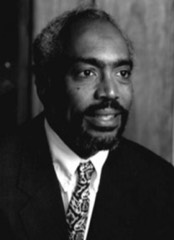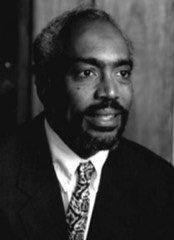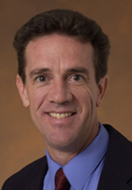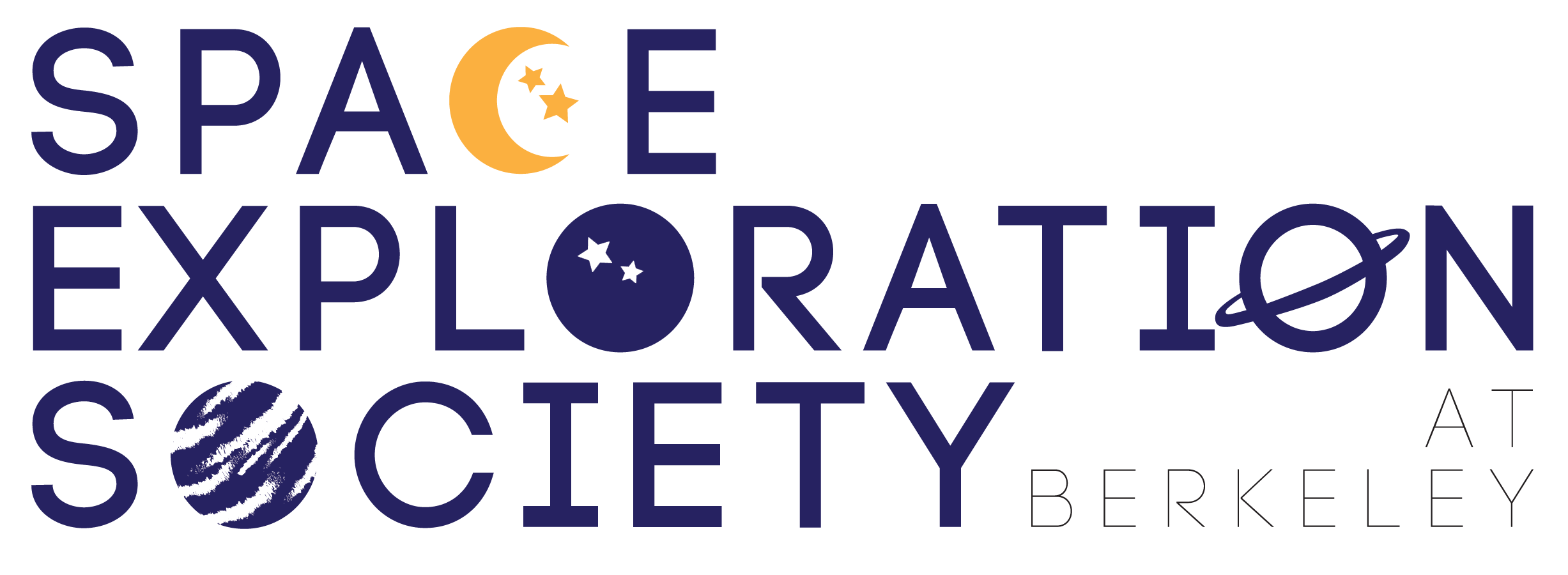Events
Faculty Talk
Wednesday, Novemeber 19th 2014 | 4:00-5:30PM
121 Latimer Hall
Wednesday, Novemeber 19th 2014 | 4:00-5:30PM
121 Latimer Hall

Dr. Gibor Basri, UC Berkeley
Professor of Astronomy
Professor of Astronomy
Magnetic Fields: Connecting the Lives of Stars and Planets
Magnetic fields play a role in the lives of stars from before they are born until after they die. They affect the collapse of interstellar clouds, and control flow on and off a new star from the beginning. As the star becomes visible, we see very strong surface fields, and the accretion onto the star is magnetically funneled. Young stars remain very active - hundreds of times more than the current Sun, and can be significantly covered by starspots. This can alter or strip planetary atmospheres, and may be a real problem for the most common star/planet pairs. As most stars age, magnetic winds slow them down, which also acts to reduce the fields. Stellar winds and flares reach out and impact planets, whose protection depends in part on their own magnetic fields. The Sun-Earth connection has become more important for us as technology develops. When stars leave the main sequence the form of their outflows, and finally planetary nebulae, can have magnetic imprints. Finally, compact objects left after stellar death can have very strong fields, and they are essential to pulsars.
Dark Matter Talk by Professor Bob Jacobsen
Friday October 3rd at 5:00 PM
325 LeConte Hall
Friday October 3rd at 5:00 PM
325 LeConte Hall
First General Meeting of Fall 2014
Friday, September 19th 2014 @ 6:30 PM
166 Barrows Hall
166 Barrows Hall
Exoplanet Talk
Thursday, March 18th 2014 | 4:00-5:00PM
110 Barrows Hall
110 Barrows Hall
The Kepler Mission: Ace Planet Hunter

Dr. Gibor Basri, UC Berkeley
Professor of Astronomy, Vice Chanselor for Equity and Inclusion
Professor of Astronomy, Vice Chanselor for Equity and Inclusion
Professor Basri is a Professor in the UC Berkeley astronomy department and he currently serves as the Vice Chancellor for Equity and Inclusion at Cal. He has an extensive history in the search for extrasolar planets and has received numerous awards for his research. For more information, please refer to Professor Basri's website.
The search for exoplanets is one of the most exciting research topics in modern astronomy. By using increasingly powerful telescopes, we can detect exoplanets that are Earth-sized and have the potential to harbor life, located in the so-called "Habitable Zone". If you want to learn about these mysterious planets outside our Solar System, come listen to Professor Basri's talk!
NASA JPL Robotics Talk + Info Session
Thursday, Febuary 20th 2014 | 7:00-8:30PM
101 Morgan Hall
101 Morgan Hall
Robotics from Research to Flight at Jet Propulsion Laboratory

Paul Backes, Ph.D.
Jet Propulsion Laboratory
Jet Propulsion Laboratory
Jet Propulsion Laboratory builds robotic spacecraft that explore the solar system. Dr. Paul Backes will present current robotics efforts at JPL including for flight projects and research activities. The Mars Science Laboratory mission’s Curiosity rover is driving toward Mount Sharp where we plan to acquire and analyze rock samples taken by a robotic arm mounted powder drill. Recent research developed a new rock core sampling and handling system for acquiring and caching samples in the planned Mars 2020 rover mission which could be returned to Earth in a subsequent mission. A wide variety of research is being performed for various sponsors including perception and autonomy for boats, perception for robotic mules, autonomous robotic manipulation, and gripping feet for climbing on walls and ceilings. JPL developed the Robosimian robot to compete in the DARPA Robotics Challenge trials in December 2013 and won the opportunity to be funded for another year and compete in the DRC finals.
Paul Backes is the Group Supervisor of the Robotic Manipulation and Sampling group at Jet Propulsion Laboratory, California Institute of Technology, where he has been since 1987. He received the BSME degree from U.C. Berkeley in 1982 and Ph.D. in Mechanical Engineering from Purdue University in 1987. Dr. Backes received the 1993 NASA Exceptional Engineering Achievement Medal for his contributions to space telerobotics, 2004 NASA Software of the Year Award, and 2008 IEEE Robotics and Automation Award. He is currently the Co-Investigator for autonomy and control for JPL’s Robosimian robot in the DARPA Robotics Challenge program, Initiative lead for small body sampling, Principal Investigator for an in-space robotic assembly research activity, and Lead for controls and autonomy for the Mars 2020 rover mission sampling and caching subsystem.
First General Meeting of Spring 2014
Tuesday, Febuary 18th 2014 | 5:00—6:00PM
170 Barrows Hall
170 Barrows Hall
We will be introducing several of the events for the semester including but not limited to: speakers, field trips, and group projects.
Board Game Social/Mixer
Tuesday, December 3rd 2013 | 6:00—8:00PM
175 Barrows Hall
175 Barrows Hall
Come meet other members of SES-B while playing board games and talking about space!
Interact with SES-B officers and talk about the future of the club.
SES-B First General Meeting
Tuesday, November 12th 2013 | 6:00—7:00 PM
126 Barrows Hall
126 Barrows Hall
During the meeting, we will introduce our goals for the club and discuss the events and projects planned for this semester. We will also take time to address any questions you may have.
It would help us to have an official head count so please RSVP and stay tuned on the event's Facebook page.
We hope to see you there!
